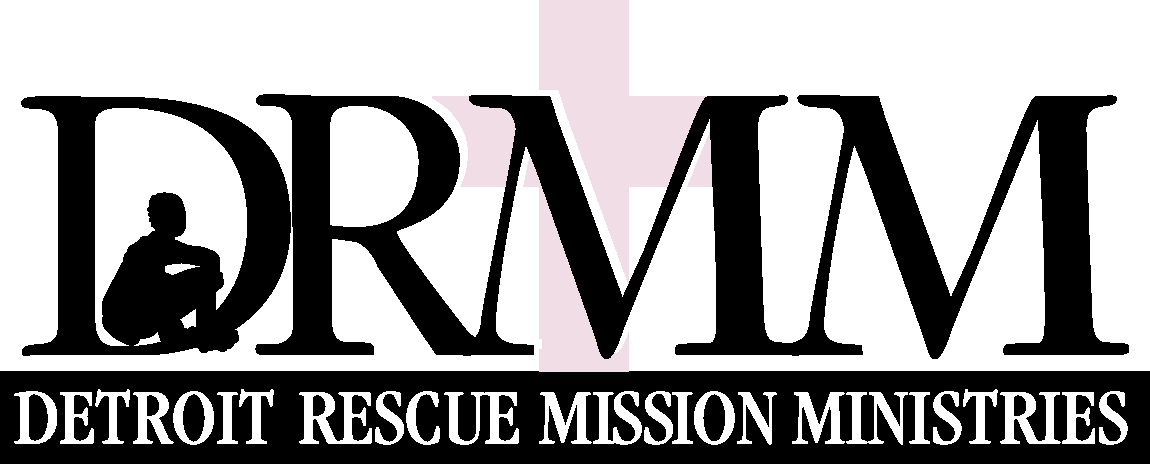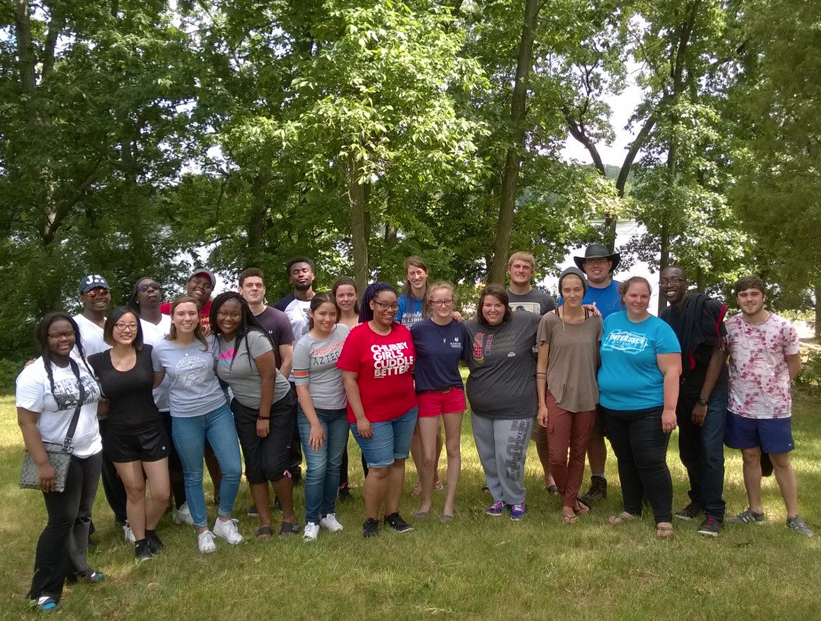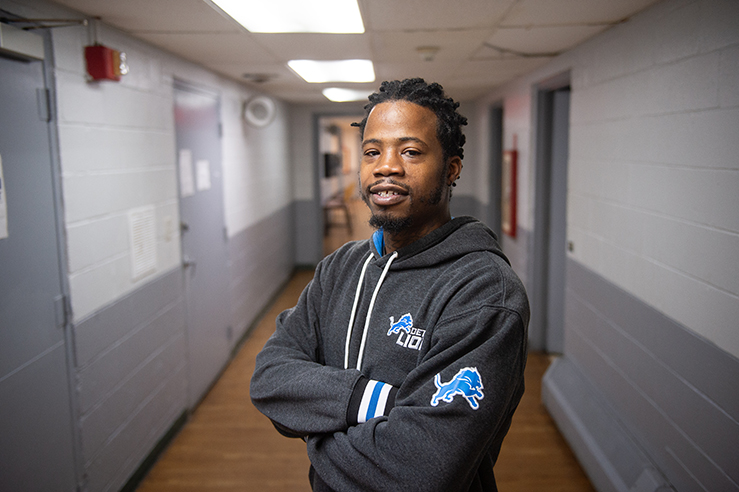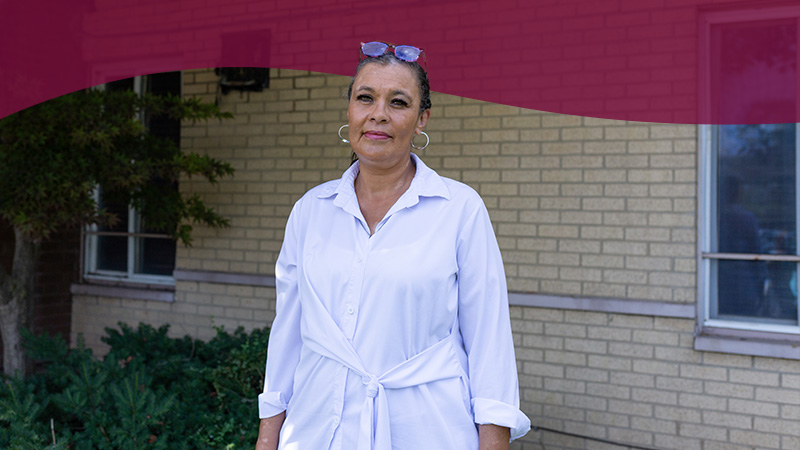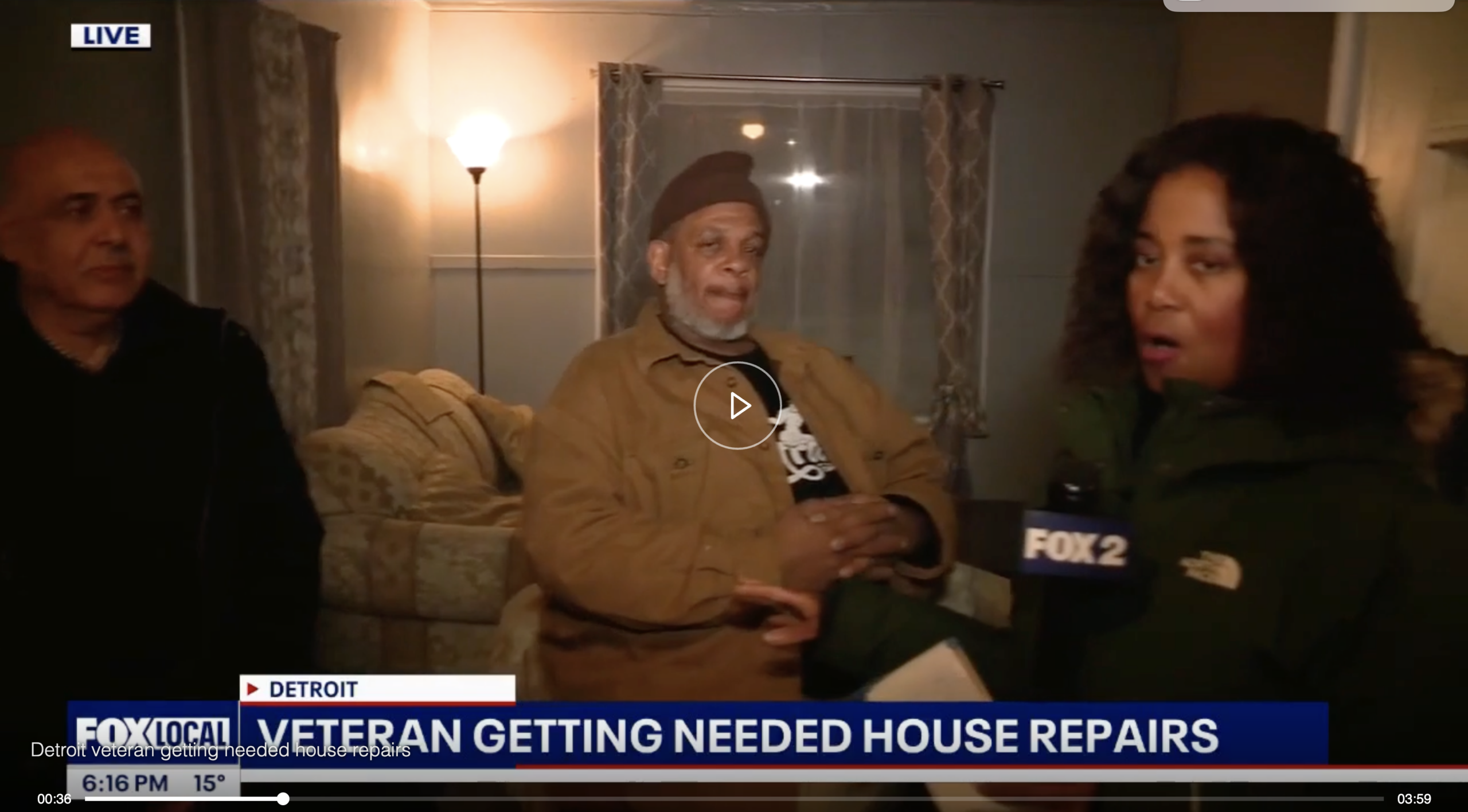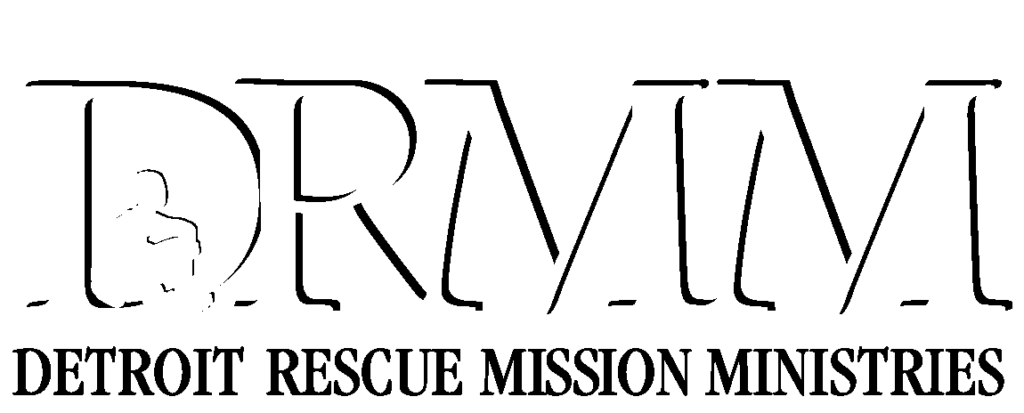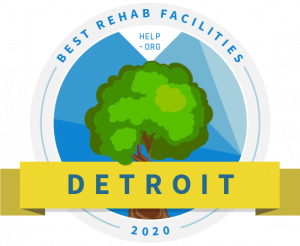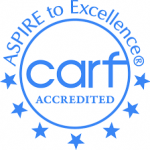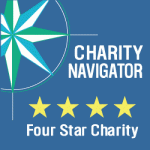Rebuilding our community, one life at a time
The Detroit Rescue Mission Ministries has been serving Detroit’s homeless and addicted communities since 1909, and it’s one of the largest housing and treatment providers in the Detroit Metro area.
Your Support in Action
The Detroit Rescue Mission Ministries is dedicated to helping individuals not just survive, but truly begin again—restoring hope and rebuilding lives from the inside out. In every way—heart and soul, body, and mind—we’re here to provide the support and resources people need to create lasting change.
Rebuilding One Life at a Time
At the Detroit Rescue Mission Ministries, we believe in treating the total person—mind, body, and spirit! That’s why our programs are designed to provide total healing and rebuilding from start to finish.
Meals Served Each Day
Services We Offer
The Detroit Rescue Mission Ministries has been serving Detroit’s homeless and addicted communities since 1909, and it’s one of the largest housing and treatment providers in the Detroit Metro area. However, it is our full continuum of care that we provide to those who seek our services, as well as our diverse staff and commitment to spiritual life that make our programs and organization truly unique among others in the community.
Feeding
For residents who receive shelter and stay overnight, DRMM provides meals and the opportunity to shower and receive new clothing items. A healthy, nourishing meal could be the first step towards long-term recovery and a healthier, stable life.
Housing
From homeless veterans to men seeking recovery from substance abuse, from women struggling to make ends meet, to homeless women with children – DRMM offers both transitional and permanent housing to prevent any return to homelessness and addiction . . .
Treatment
DRMM offers two major programs for those struggling with addictions – withdrawal management and substance use disorder treatment. A wide variety of agencies such as the Michigan Department of Corrections, Substance Abuse and Mental Health . . .
Job Training
DRMM is not only committed to rebuilding the Detroit area, it is also invested in the opportunities ahead . . .
Spiritual Life Services
Spiritual Life services are at the heart of everything we offer at DRMM. Participation in these services . . .
Youth Summer Camp
Wildwood Ranch is just another example of how the Detroit Rescue Mission Ministries has truly thought of everything when it comes to “Rebuilding Our Community, One Life at a Time.”
In the Community
Here at Detroit Rescue Mission Ministries, we are dedicated to the various types of people who make up our growing community. As a nonprofit, faith-based organization, we take pride in helping our neighbors who are hurting, hungry, and homeless, no matter what phase of life they’re in. And we’ve been dedicated to this life of service to our community for 116 years!
Volunteer with DRMM
DRMM volunteers are crucial to the success of our ministry, and we would be humbled and truly grateful if you would join our corps of dedicated volunteers. With more than 10 sites throughout Detroit and Highland Park, DRMM is grateful and extremely blessed to have thousands of volunteers come through its doors each year! DRMM enjoys working with students, individuals, groups, churches, and businesses in all aspects of service! We hope to work with you soon!


